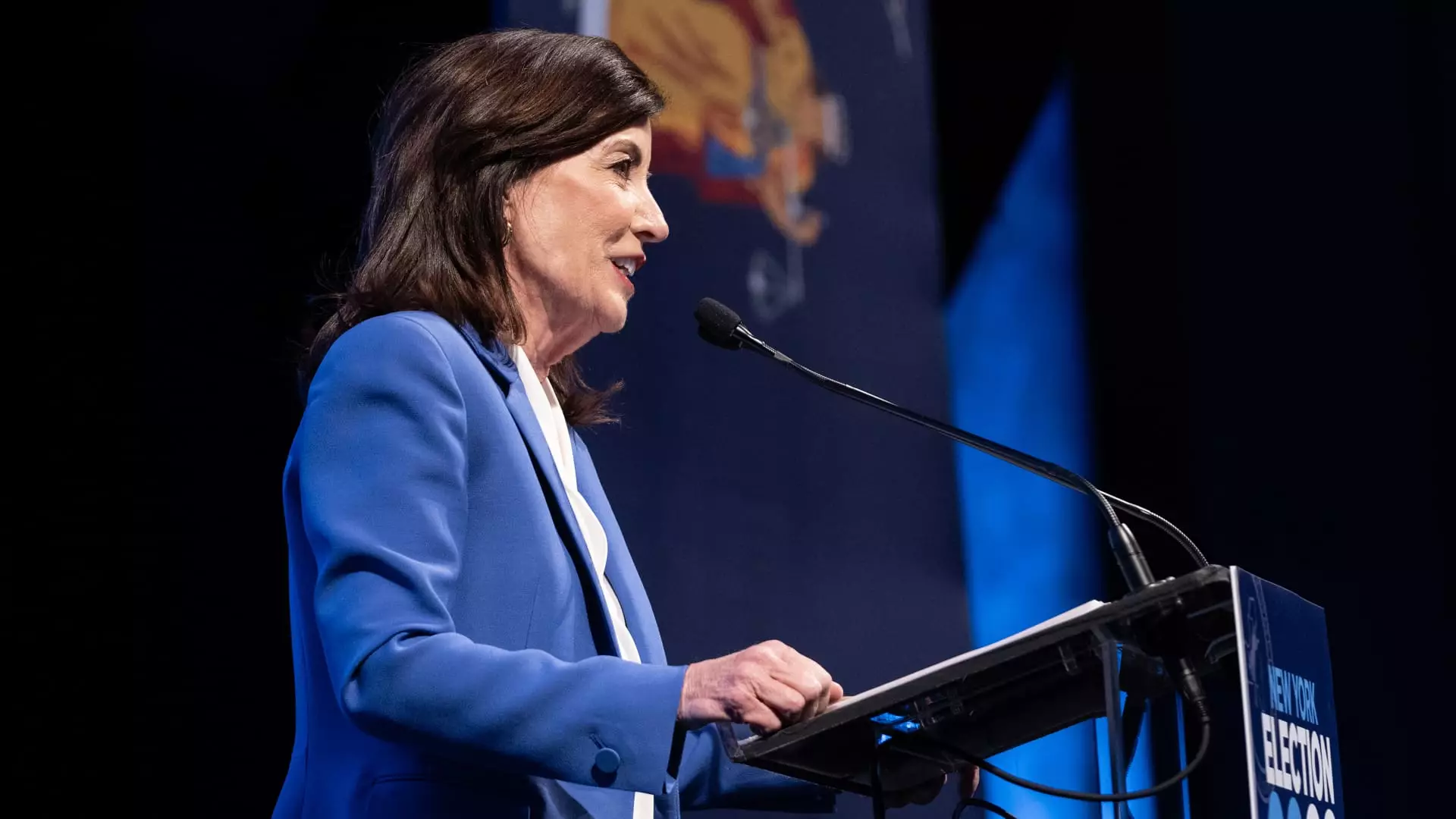With the increasing focus on environmental preservation and combating climate change, New York has taken a significant step by launching a program that offers homeowners up to $14,000 in total rebates for energy-efficiency upgrades to their property. This initiative, part of the federal Inflation Reduction Act signed by President Joe Biden in 2022, is proving to be a pioneering effort in promoting sustainability and reducing carbon emissions.
The success of New York’s rebate program has sparked interest among other states, with expectations of more states following suit by the end of the summer. The federal government has allocated $8.8 billion for consumers through two Home Energy Rebates programs, aiming to assist homeowners in offsetting the costs of making their residences more energy-efficient. Investments in projects like air sealing, insulation, electric heat pumps, and electric stoves are crucial in achieving energy savings and cutting down future energy bills.
New York kickstarted its rebate program on May 30, offering up to $14,000 in federal funds to low-income households. With an additional state program called EmPower+, low-income households can access up to $24,000 in total rebates for energy-efficiency upgrades. The availability of these rebates will significantly benefit consumers, making it financially feasible for them to make crucial upgrades that contribute to a cleaner and more sustainable environment.
The Inflation Reduction Act has introduced two Home Energy Rebates programs: the Home Efficiency Rebates program and the Home Electrification and Appliance Rebates (HEAR) program. The former focuses on energy-efficient upgrades, while the latter is reserved for low and middle-income homeowners. Through these programs, states like New York are aiming to empower consumers to make environmentally-conscious decisions while saving on energy costs in the long run.
To qualify for the HEAR program, homeowners must fall within the low-income bracket and meet specific income criteria. New York, for instance, limits the program to low-income, single-family households, offering a maximum dollar amount per project for various upgrades. These rebates play a crucial role in encouraging homeowners to invest in energy-efficient appliances and systems that have a positive impact on the environment.
Looking ahead, New York plans to expand its rebate program to include moderate-income residents and multifamily buildings in the near future. Additionally, the state intends to extend the program to incorporate the purchase of electric appliances like electric stoves and heat pump clothes dryers, promoting the adoption of energy-efficient technologies at the consumer level. The progressive steps taken by New York serve as a model for other states to develop similar programs that align with the broader goals of environmental sustainability.
The rebate programs introduced by states like New York are a testament to the commitment towards building a more energy-efficient and environmentally friendly future. These initiatives not only benefit homeowners but also contribute to the larger goal of reducing carbon emissions and promoting sustainability on a broader scale. By incentivizing energy-efficient upgrades, states are paving the way for a greener and more sustainable tomorrow.

